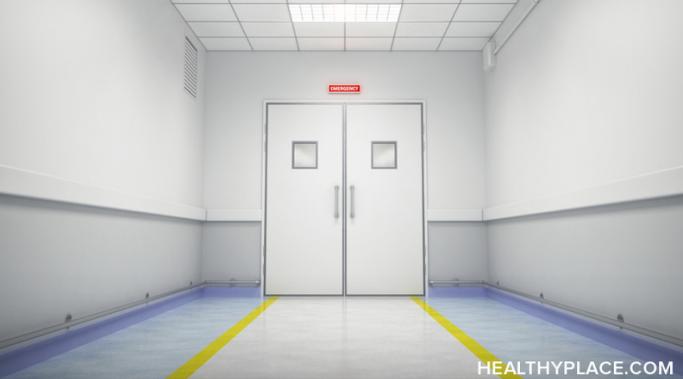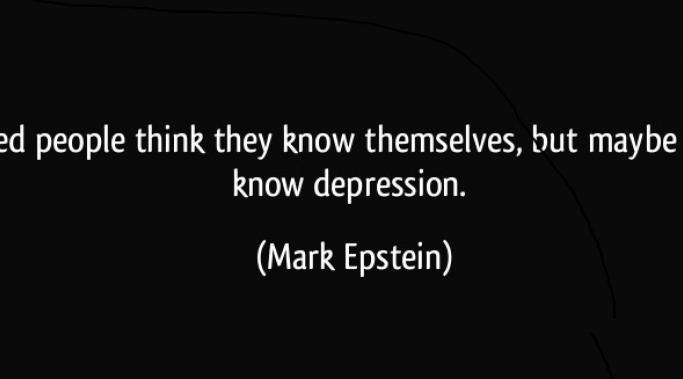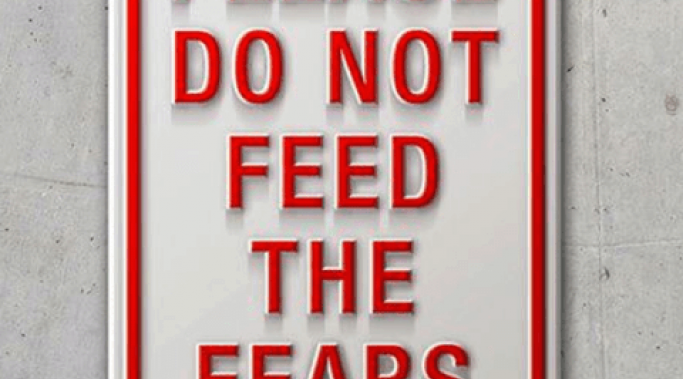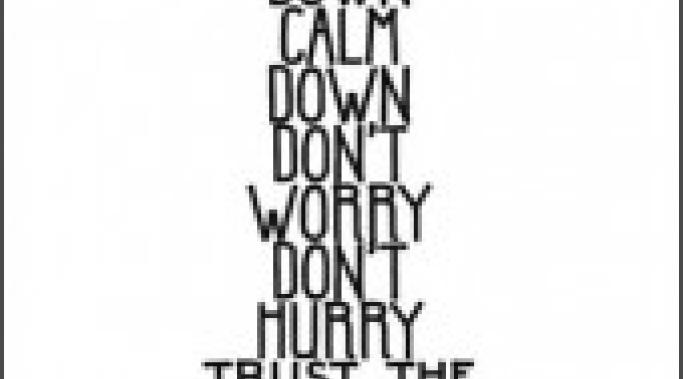What are three reasons the mental health system suffers? Recently, a reporter from the Indianapolis Star contacted me about my time in the state hospital system. I answered her questions as best I could, ranging from how frequently the elevators broke down and patients with food allergies or diabetes getting the wrong food, to a psychiatrist's criminal record, a rape, and avoidable patient deaths. As we talked, she asked me what I thought caused the problems I detailed. This made me think of three reasons the mental health system suffers.
Mental Health Advocate
What are the housing rights of people with mental illness? I was informed on Tuesday that I have to move due to my apartment building being infested with roaches, bedbugs, and mice (One of whom I've named Boo because he pops up when and where I least expect him--seriously, Boo, on my Wii U's power cord?). As I've searched for a place to live, I have discovered answers to the question "What are the housing rights of people with mental illness?" I discuss three rights in this video.
When I was at church yesterday, I struck up a conversation with a visitor. She mentioned she had a son with mental illness - Asperger's syndrome and bipolar disorder. I said I was a mental health consumer who also had Asperger's Syndrome, and we began to talk about life with a severe mental illness. She said several things which stood out to me, all of which could help mentally ill children. Here are three ideas that could help mentally ill kids, through the eyes of a mom.
"Sheriff's Department, open the door!"
At first I thought it was a joke, but then I heard the sound of a struggle and someone screaming. I opened my door, only for a staff member to wave me back into my apartment. She was on the phone. "He's psychotic. He's seeing things. He was cooperating but they took him down when he tried to run. What do you want to do?" I posted the details of the confrontation on my Facebook page with the hashtag #PsychPatientsLivesMatter and soon received comments on my bravery.
In this age of awareness and enlightenment, mental health awareness still generates a great deal of ignorance. Sometimes, even well-meaning statements perpetuate stigma, even on sites that seek to eradicate said stigma. Recently, the poster below came across my news feed from several mental health and depression pages. The depression quote is attributed to Mark Epstein, an American psychologist. While Mr. Epstein's credentials seemingly qualify him to speak knowledgeably on the subject, I do strenuously disagree with this quote's assertion.
Grief is a curious thing; especially when the mourner has a mental illness. My mother died a month ago today from a combination of COPD, heart failure, diabetes, brain and bone cancer. Her breast cancer had metastasized to every organ in her body. I found out via my aunt 5 days after her death. I wish that I could say that I was surprised, but my mother had chosen a hard life for years. The surprise was how quickly she died after the brain cancer diagnosis. She was diagnosed in May and given a year to live; she was dead in less than 3 months. My mother and I had what could best be described as an awkward relationship: abandonment as an infant, a lengthy court battle before my grandparents got guardianship and very limited contact throughout my life.
The title of this blog implies that I will be focusing on people in our lives who--for the most part--do not live with a mental illness. These people like to give us advice on what medications we need to take or tell us we don't need to take medication at all. It's confusing and, frankly, a real piss off.
Feelings of grief are often connected to the diagnosis of mental illness. When first diagnosed, it can feel as if a part of you, of your life, has died. This blog will explore the definition of grief, its connection to our mental health, and ways in which we can utilize it in a positive fashion (yes, positive!) to help us on our journey to mental health stability.
I had a tough year. I typically have a lower mood once October kicks me in the ass, but this year was worse. I watched seven seasons of Lost in one month--granted I had never seen it before. But still! I even went as far as to abandon writing this blog. I was not thinking clearly. Writing this blog is an important part of my life.
As usual, you are probably wondering where I am going again. Yes, the woman who wrote a memoir on mental illness and addiction should perhaps stop talking about her own misery. But this morning--back on my feet again--I remembered that time and the words "solitary confinement" came to mind.
So is recovering from a physical injury. But in a different way. You know this and I know this. A broken leg--I've had one--left me in bed and hopping with one foot to the fridge. I was terribly bored. If I could have moved, I would have drawn pictures on the walls. Probably with a black sharpie. I was angry! My point? Recovering from mental illness can be boring---certainly when our lives used to be painted in manic colors--nice and neon but scary too. Sometimes, downright terrifying.









